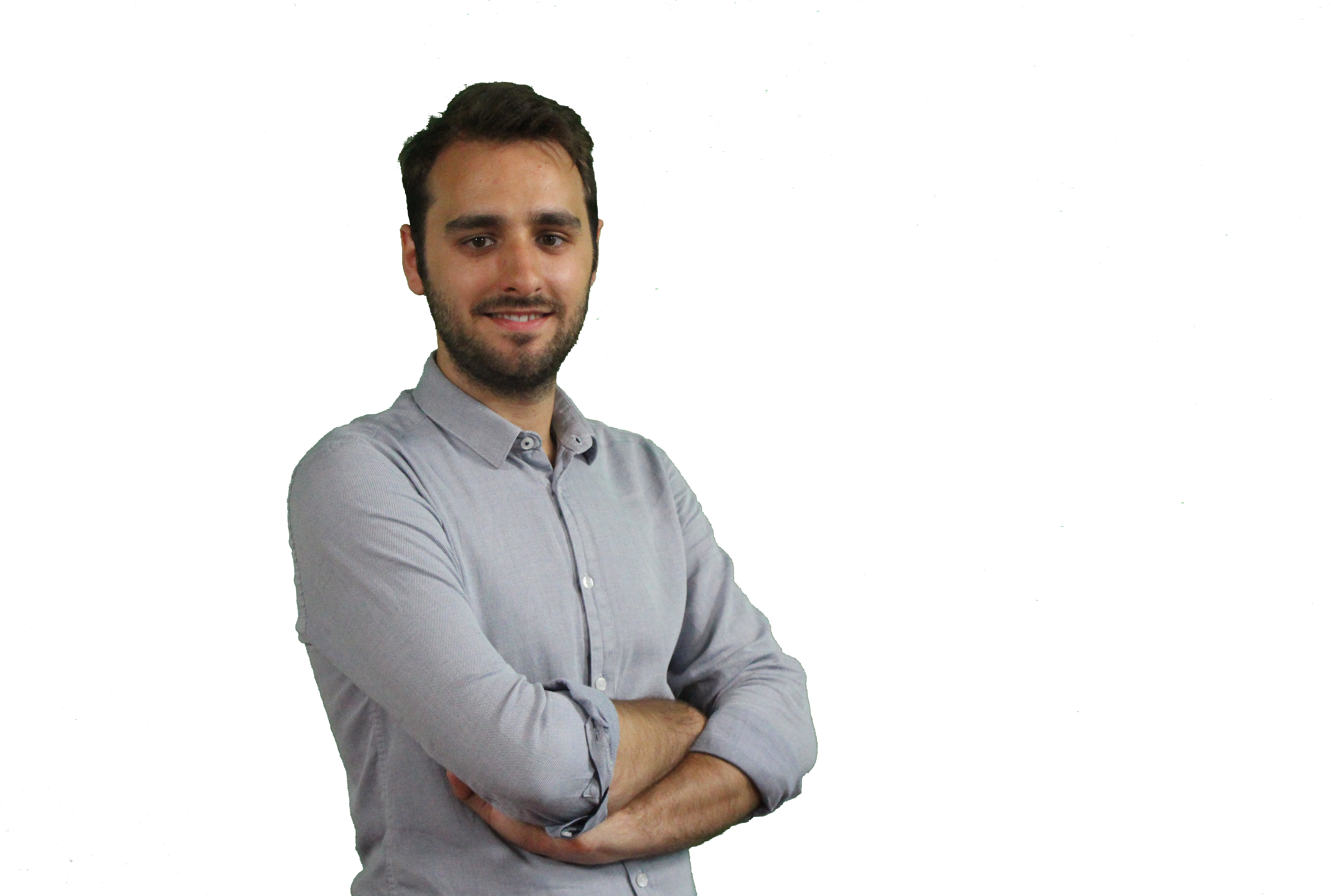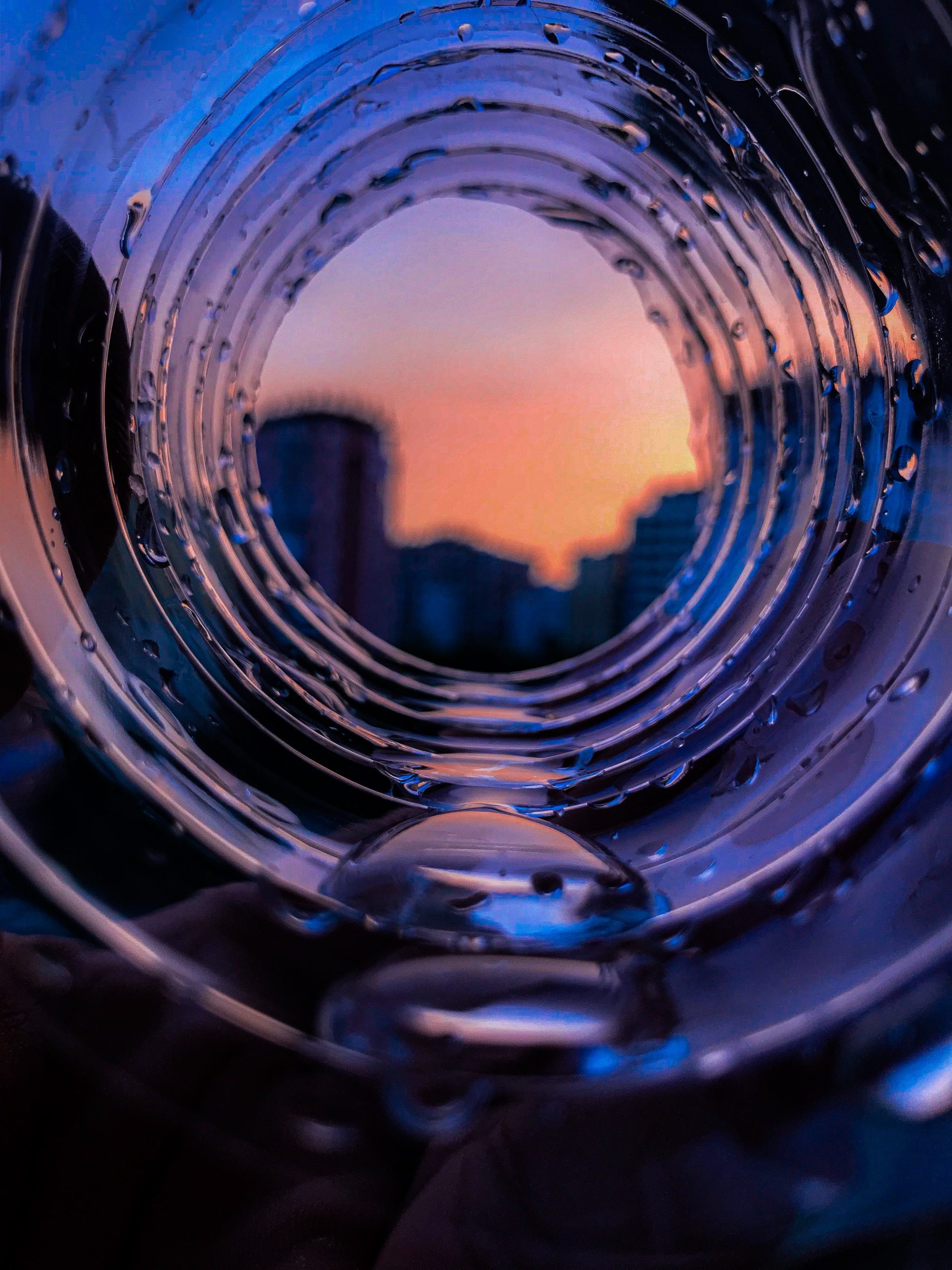How a crucial resource as water can permeate multiple policies and different agendas
We are at a pivotal moment when we face unprecedented challenges to food, energy security and the conservation of our global environment. In this context, water appears as a crucial link between environmental, societal, and economic needs.
Water is present in many of the current EU dossiers and is of fundamental importance for green economic growth for the block. The Green Deal translates this importance through several strategies such as the Zero Pollution Action Plan, Circular Economy Action Plan, and Biodiversity Strategy, up to some key legislation such as the Urban Wastewater Treatment Directive.
To improve those legislations and strategies, policymakers need data – made available through projects – to ensure the best science-based solutions. We talked to Loïc Charpentier (Policy Officer at Water Europe) to better understand how researchers and policymakers can benefit from each other.
Research Projects as proof
Water legislations need an update to achieve a European Water-Smart Society in which the true value of water is recognised. Some landmark water legislations are currently under revision or assessment. Loïc Charpentier believes that “projects like NextGen are essential for those revisions and development of new legislation and strategies because they are examples of new approaches and technologies in the real world”.
Those examples are essential for advocacy since they prove that the proposed solutions work – an important aspect for policymakers and anyone working with management. “We always try to incorporate those projects and examples in positions papers, such as the one on Industrial Emissions Directive, because they strengthen the arguments by demonstrating the technological and economic feasibility,” Loïc says.
“So, you have these projects which help the European Commission to understand what we are saying. Further, the EU is financing research projects like this, so it is always good to showcase the outcome of its actions.”
Translating the ‘languages’
But developing these links is never without its challenges. The EU has been pushing for more interconnectivity between researchers, policymakers, and the public in general, but there’s a wide gap between those. Mostly, this is caused by the very technical language used by researchers, and the prevalence of English.
“We need to translate first the science terminology into policy terminology.” – Loïc Charpentier.
For Charpentier, although politicians already understand the importance of water, showing the different aspects of the whole value chain – as some projects do – can be decisive for creating key policies. “For example, projects as Ultimate or NextGen are dealing with water management, but also energy efficiency. They are dealing with resource recovery, the value in water. They have digital solutions in sight. By connecting all different solutions, you can find a way.”
One of the important deliverables in NextGen concise of three policy briefs on the topics: (1) Circular Economy and resilient water systems, (2) A Water-Smart Society for the European Green and Digital transition, and (3) Citizen’s engagement in the new water governance models. The policy briefs are a direct measure to ensure a strong connection between the results achieved in the project and policies.
The public can also benefit from the results and should be able to access them. Investing in communication and dissemination improves transparency. It guarantees that people see the results of the policies financed by our European and national institutions. They are also key for EU Politicians to connect with their regions and engage in a dialogue with local stakeholders, understanding their challenges and promoting the solutions which fit.
People knows best
Water is a finite resource. It should be managed in such a way that water scarcity and pollution of water are avoided. Water is everyone’s business. Agriculture or human consumption? Re-use water for drinking or not? And those decisions a lot of time depend on citizens.
Further, citizens understand their issues far better than foreigners or even visitors, no matter how well-intended they are. Loïc ponders: “You need to have citizens involved. Only together, it is possible to understand what they indeed need and develop the right innovations or innovative solutions fitting with the local situation. We need them, to implement the right tools considering their unique challenge. The right innovative solution is the one which solves the challenge while getting social acceptance.”
Those directly affected by water scarcity or pollution have a better grasp on the situation and are valuable to help to create long-lasting solutions together. “It is not only in Brussels that we can decide how we need to proceed since European legislation is implemented in several diversified regions.” He concludes.

